- Output beam sizes 2×2″, 4×4”, 6×6” , 8×8″, and 12 x 12″
- Factory certified Class AAA CW systems
- Calibration certificate validating Class AAA performance for all 3 standards: IEC, ASTM and JIS
- Long-lived, highly reliable instruments designed specifically for 24/7 production environments
- Easy lamp replacement
- Non-reflective black finish reduces stray light
- Temperature sensors and interlocks ensure operator safety
Leveraging over 40 years of experience in light source and power supply design, Newport’s Oriel® brand is proud to introduce the latest innovation in solar
simulators – the Oriel Sol3A™ Class AAA Solar Simulator family. The product family includes:
Model 94123A = 12 x 12 inch Beam Size
Model 94083A = 8 x 8 inch Beam Size
Model 94063A = 6 x 6 inch Beam Size
Model 94043A = 4 x 4 inch Beam Size
Model 94023A = 2 x 2 inch Beam Size
All Oriel Sol3A solar simulators are certified to IEC 60904-9 Edition 2 (2007), JIS C 8912, and ASTM E927-5 standards for Spectral Match, Non-Uniformity of
Irradiance, and Temporal Instability of Irradiance. By convention, Class AAA is reported with the first letter representing Spectral performance, the second
letter Uniformity of Irradiance, and the third letter Temporal Stability. The Oriel SOL 3A solar simulators all use a single lamp design to meet not one or two, but
all three performance criteria without compromising the 1 Sun output power, providing true Class AAA performance. The Oriel Sol3A uses a black non-
reflective finish to minimize stray light and incorporates captive screws for all panels requiring user access to facilitate lamp replacement, alignment, and filter
changes. Safety interlocks prevent inadvertent exposure to UV light. The Oriel Sol3A rugged design is backed by the Newport Corporation”s world wide
organization.
Why Class AAA?
Photovoltaic (PV) cell research and manufacturing are evolving at an amazing rate, with new technologies like thin film processes, tandem junction and multi-junction cells, organic thin films and dye sensitized cells all requiring careful evaluation of their performance. The old designation of “Class A” solar simulators had become standard in most test laboratories and manufacturing environments, but the definition of Class A has degraded to mean a system that is capable of meeting any one (typically spectral match) of the three performance parameters called out in the test methods. In October 2007 the IEC revised the method used to evaluate the performance of a solar simulator. The new standard calls for quantifying and reporting the performance of each of three performance criteria separately. A solar simulator is now measured as class A, B, or C for Spectral Match, Non-Uniformity of Irradiance, and Temporal Instability of Irradiance. The new Sol3A solar simulators have been designed to meet Class A performance for all 3 of the test requirements, Spectral Match, Non-Uniformity of Irradiance, and Temporal Instability of Irradiance as called out by IEC 60904-9 Edition 2 (2007) edition, JIS C 8912, and ASTM E 927-05.
By ensuring measurement uniformity that allows results comparability and traceability, Class AAA systems reduce binning variability of photovoltaic cell testing as compared to so called Class A, Class B or non-classified sources. This performance consistency allows for precise comparison of performance data for researchers engaged in developing novel solar materials.
Newport Corporation puts each Oriel Sol3A™ through rigorous testing for all 3 standards (IEC, STM, and JIS) to insure compliance and supplies a certificate of calibration for all three standards.
Defining Class AAA Performance Standards
Photovoltaic standards mandate that Class AAA solar simulators meet demanding requirements in three key performance areas: spectral match to the solar spectrum, spatial non-uniformity of irradiance, and temporal instability of irradiance.
There are three standards that define solar simulator performance.
- IEC 60904-9 Edition 2 (2007) Photovoltaic Devices – Part 9: Solar Simulator Performance Requirements
- JIS C 8912-1998, Solar Simulators for Crystalline Solar Cells and Modules
- ASTM E 927-05 (2005) Specification for Solar Simulation for Terrestrial PV Testing
Table 1 Class AAA Standards and Specifications
| Organization | IEC | JIS | ASTM |
| Performance Parameter | 60904-9-2007 | C 8912 | E92-05 |
| Spectral Match (fraction of ideal percentage) |
0.75 – 1.25 | 0.75 – 1.25 | 0.75 – 1.25 |
| Non-Uniformity of Irradiance | 2.0% | 2% | |
| Temporal Instability | 0.5% STI | 2% | |
Spectral Match
The standards define the spectral match of a solar simulator as a percentage of the integrated intensity in 6 spectral ranges (listed in Table 2). Any deviation from the specified percentages must then lie within a range that determines the class of the simulator. For Class AAA, this range is 0.75 to 1.25 times the ideal percentage.
Spectral Match
Table 2 Ideal Spectral Match Defined by IEC Standards
| Spectral Range (nm) | Total Irradiance Range (%) | Ideal % |
|---|---|---|
| 400 – 500 | 13.9 – 23.1 | 18.5 |
| 500 – 600 | 15.1 – 25.1 | 20.1 |
| 600 – 700 | 13.7 – 22.9 | 18.3 |
| 700 – 800 | 11.1 – 18.5 | 14.8 |
| 800 – 900 | 9.2 – 15.3 | 12.2 |
| 900 – 1100 | 12.1 – 20.1 | 16.1 |

Fig. 1 Oriel Sol3A Spectral Match with AM 1.5G
spectral correction filter meets IEC, JIS, ASTM Class A
requirements to for spectral match.
Spatial Uniformity of Irradiance
The irradiance uniformity over the work area is the most difficult Class AAA requirement to achieve and maintain. Hot spots can lead to significant errors in measured cell efficiency and can cause inaccurate binning of cells. The Class AAA spatial non-uniformity performance standard is designed to minimize the impact of hot spots and has a very stringent requirement of ≤2%. The plot below shows the uniformity of the irradiance across a typical simulator working area. Each unit will come with a plot of irradiance non-uniformity. The working distance ranges for each simulator are listed in Table 3.
Sol3A Working Distances
Table 3 Working Distances
| Model | Size | Working Distance Range (Inches) |
|---|---|---|
| 94023A | 2 x 2 (50.8 x 50.8) | 12.0 ±0.5 |
| 94043A | 4 x 4 (101.6 x 101.6) | 4.0 ±0.5 |
| 94063A | 6 x 6 (152.4 x 152.4) | 5.0 ±0.5 |
| 94083A | 8 x 8 (203.2 x 203.2) | 15.0 ±0.5 |
| 94123A | 12×12 (304.8 x 304.8) |

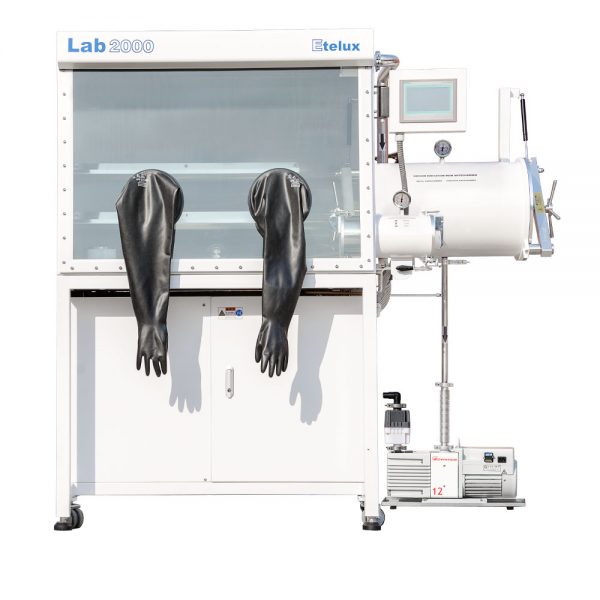
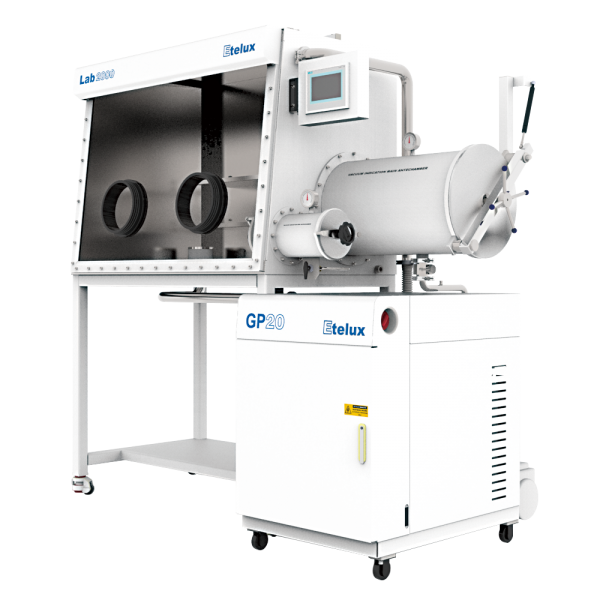
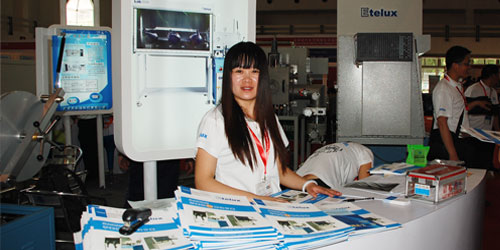



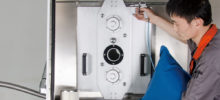




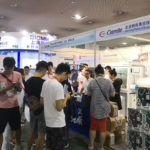
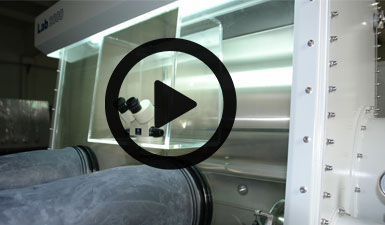
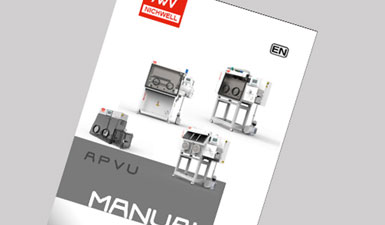


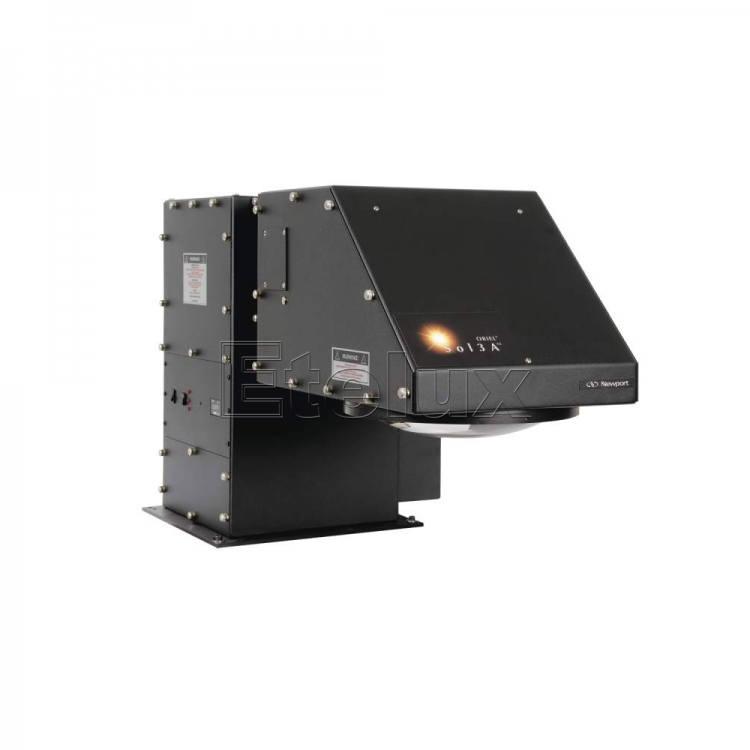
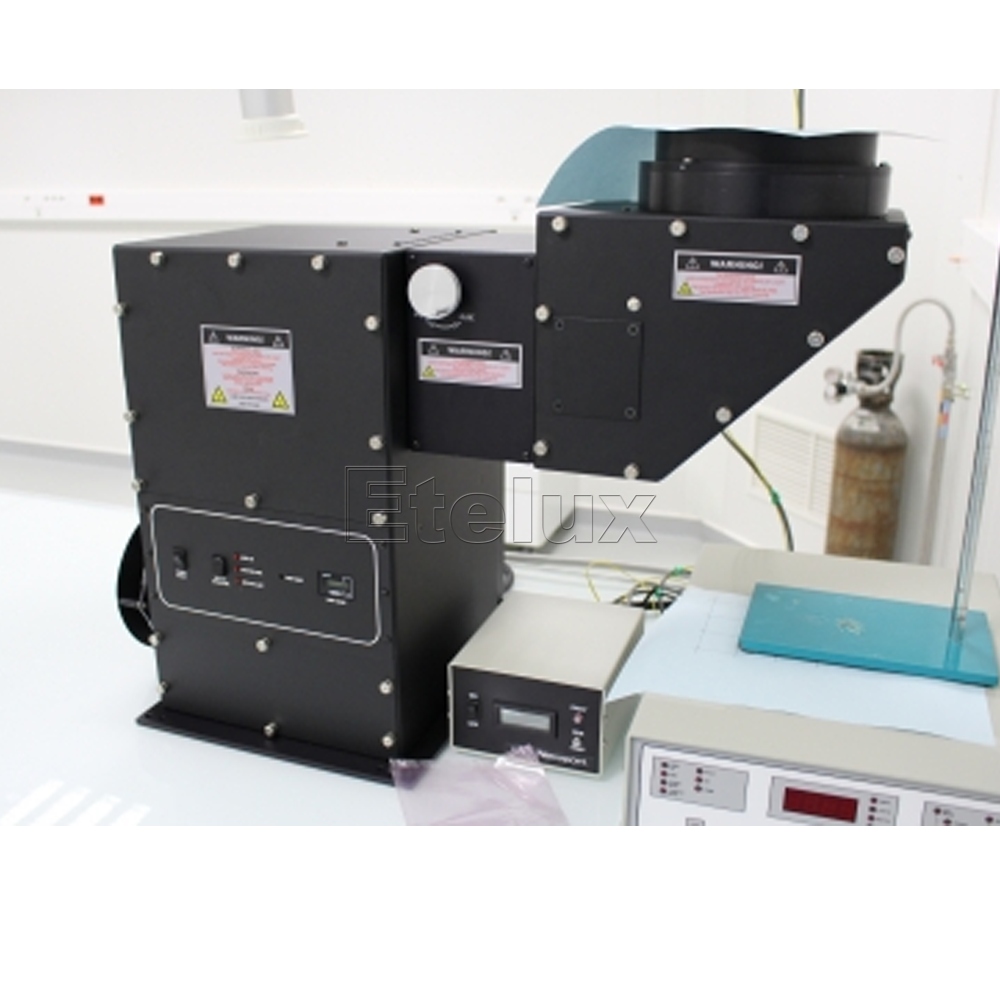
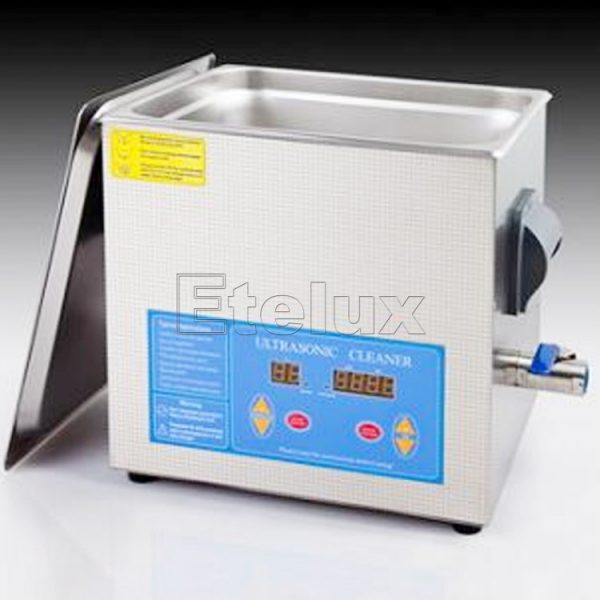
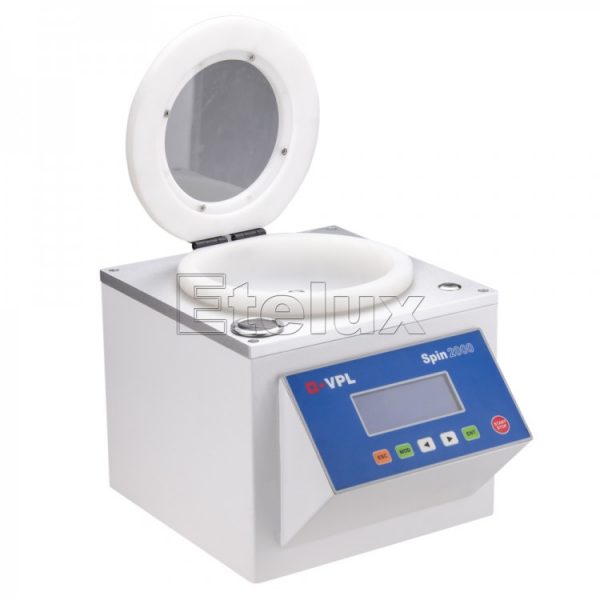







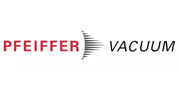




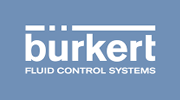

Reviews
There are no reviews yet.